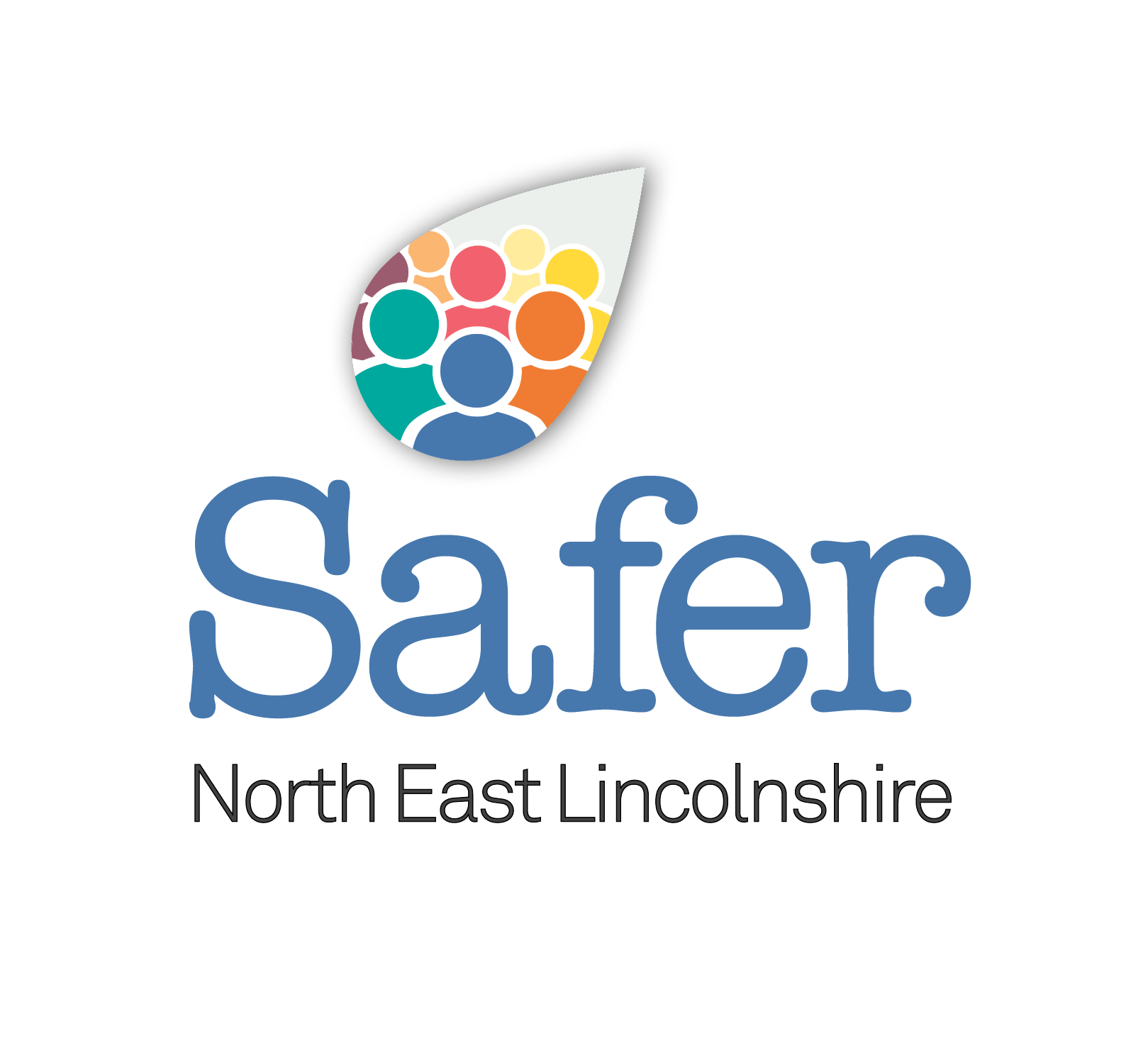Family relationships
Relationship matters
Relationship Matters is a new partnership between 14 Local Authorities across Yorkshire and the Humber Region helping families who may be having relationship difficulties. A new website has being launched to offer families information, tips and help and what better time as the coronavirus is leading to big changes in the way we live our everyday lives.
You may be a parent or carer or a young person interested in finding out more about how we can help children where their parents are experiencing relationship difficulties. Whether couples are together or separated, disagreements are completely normal. But evidence shows that regular conflict has a big impact on children. What matters is how the conflict is dealt with.
Parental Conflict
Parental conflict includes regular bickering, arguing and frustration between parents about issues such as money, parenting or housework. When a child experiences this conflict regularly and it is not resolved, it could result in children feeling upset, confused or angry.
North East Lincolnshire Council is working with partner agencies to address the impact of parental conflict on children and are offering free training to support practitioners in promoting Relationship Matters.
Unfortunately, due to the outbreak of Coronavirus we are unable to continue to offer the training to practitioners at this time but we are continuing to work with schools, clusters and other partner agencies to offer information and the opportunity to discuss any concerns with a practitioner, should this be welcomed by families.
Domestic Abuse
Parental conflict is not the same as domestic abuse. If you’re afraid of your partner or feeling that they control your life then this is more likely to be domestic abuse.
Women’s Aid can support you.
Impact of parental conflict on you and your children
If you find yourself getting frustrated with your partner ask yourself ‘how are we doing in our relationship?’. Rate yourself from 1 to 10 with 1 being not happy and 10 being happy, and consider the following questions:
- How can we change this?
- What would things look like if they were better?
- What would be happening?
- What would we be doing differently?
- What would you be thinking or feeling?
- What might get in the way?
Use ‘I’ statements
These help us to express how we feel about a situation, and what we would like to change.
I feel … (Name the feeling; upset, annoyed, sad etc. and be as honest as possible)
When … (Describe the behaviour or situation, for example ‘we cannot manage the money properly’)
I need… (State the preferred behaviour, “for us to talk it through and make a plan”)
Listen to each other
Active listening supports families to hear each other’s views. Acknowledge each other’s feelings. Encourage and praise each other. Work together to agree boundaries, consequences and solutions.
Take an interest in what the children are doing, even if that’s playing on their computers! Think about your body language and what this might say to your partner or children.
If you feel stressed
Take yourself to another room for a bit of calm and thinking time and do some breathing exercises. Breathe in and hold for three seconds and then breathe out. Do this about three times.
Wherever possible, do something for you. Relax in the bath, have a cup of tea, go for a walk and work together to give each other support.
Services you can talk to if you need help or you want to talk to someone about improving your relationship.
- Health visitor – 01472 323660 or HealthVisitingAdvice@nelincs.gov.uk
- local Family Hub
- School nurse – 01472 323660 or SchoolNursingAdvice@nelincs.gov.uk. Young people (11-18 years) are able to access the text service (07507 331620) for confidential support
- The NSPCC – 01472 803500
- Grimsby Full Families programme – 07805 659505
- Doorstep provides accommodation and support to young people and young families – 01472 321444 or 07718494660
